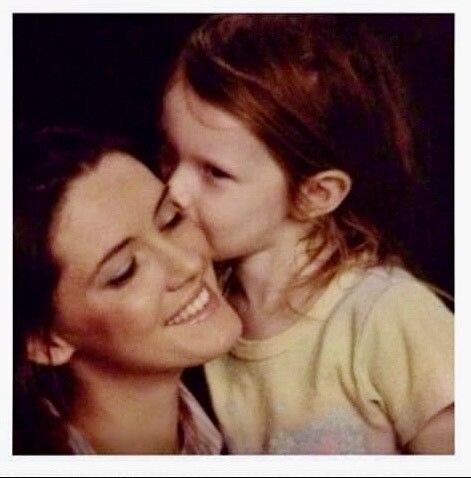Takesha

Takesha was no stranger to DHS. As a matter of fact, she didn’t like them; she had firsthand experience of how they could really make a person’s life difficult. For example, in 2018 – right after she’d had a baby – her then-husband had become very unstable. He’d blown up and driven away in a fury. Takesha was very concerned and worried he would hurt himself or, worse, some innocent bystander in his instability. Her mother was in the home, so Takesha quickly asked her mom to watch the baby. She called the police to get some help because her husband was so unhinged. He wasn’t a terrible person – he was just going through a few things.
The police arrived at the home based on her call. But what they found was an old woman (her mother) who was sound asleep and a crying baby. They called DCFS for help in assessing the situation. When Takesha arrived home, no one was willing to listen to her. They accused her of abandoning her baby, completely ignored the fact that her mother was in the home (albeit sleeping) and had agreed to watch the baby. They seemed to forget that it was she who had called and asked the police to aid her in finding and getting help for her husband. DHS decided to take her baby away from her. Takesha was devastated.
It hadn’t taken long (a few months) for the Courts to figure out what had happened. The Judge had questioned why Takesha – but not her husband - was in trouble with DHS for this incident – and why Takesha had lost custody of her baby at all. Takesha and her baby were quickly reunited but the damage was done. She would never trust DHS again. She no longer believed in a system that would help to keep her family safe and well.
Over the years, Tanesha’s frustration mellowed, she got divorced, and her family started using Medicaid to help with their health care. Everything seemed to be going well with Medicaid until she’d found herself in financial straits and applied for SNAP benefits so she could keep her family fed. DHS denied her application – stating her household (comprised of her family and other unrelated adults who could not afford the cost of housing on their own) made too much money. When she next went to the pharmacy to pick up a prescription, she was informed her Medicaid benefits had been terminated. She called to find out why and was informed DHS had the information from her SNAP application to redetermine her eligibility for Medicaid. Frustrated, she described how her SNAP household (a home filled with roommates) differed from her Medicaid household – this should not have happened! She was advised to reapply. She did so and was asked to provide a copy of her electric bill. She went right home and returned with the requested bill; which Medicaid copied and stamped as received. Several weeks later, Takesha called to see why she still did not have Medicaid. DHS told her they couldn’t find the copy of her electric bill, so they had denied her application.
Takesha was frustrated! She needed some lab work completed so she could obtain a new prescription for thyroid medication – she was completely out of medication. She told the person helping her she wanted to appeal the decision. DHS told her she could appeal – or she could simply reapply. She asked if she could do both, and they said sure. After completing the forms for the appeal and the application, DHS said something about having an expedited process available and another DHS staff member entered the room, reviewed the application, and approved it. They explained to her that Expedited Approval was superior to filing an appeal because it was so fast! They did not tell her they had approved only for that date going forward (rather than approving with a retroactive date to cover the time her family had gone without Medicaid benefits). Without retroactive approval, Takesha and her family were not eligible for reimbursement of any medication or doctor’s appointments they been forced to pay out of pocket. Curiously, DHS was also suddenly able to approve her for SNAP benefits.
While Takesha is grateful that she can use Medicaid to keep her children healthy and very happy DHS realized they’d denied her SNAP benefits in error. She is frustrated that DHS cost her extra money during a time of hardship. It appears they erroneously denied her SNAP benefits, used that denial to terminate her family’s Medicaid benefits, lost her required documents, and then purposely did not rectify her hardship by approving her for retroactive Medicaid benefits to cover the period of time they incorrectly terminated her benefits. The reapplication might have been expedited, but an appeal would have led to a reimbursement of the cash she had used to purchase medications while DHS figured out their errors.




